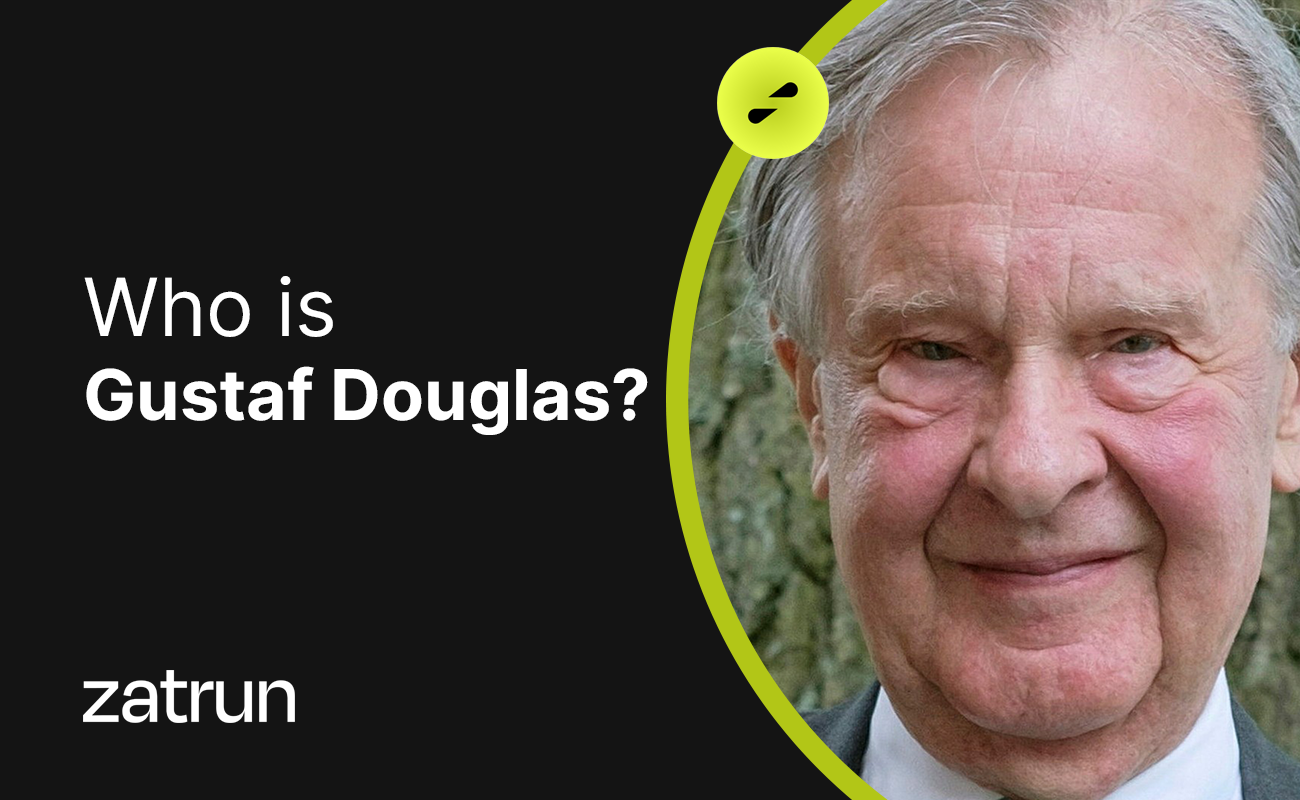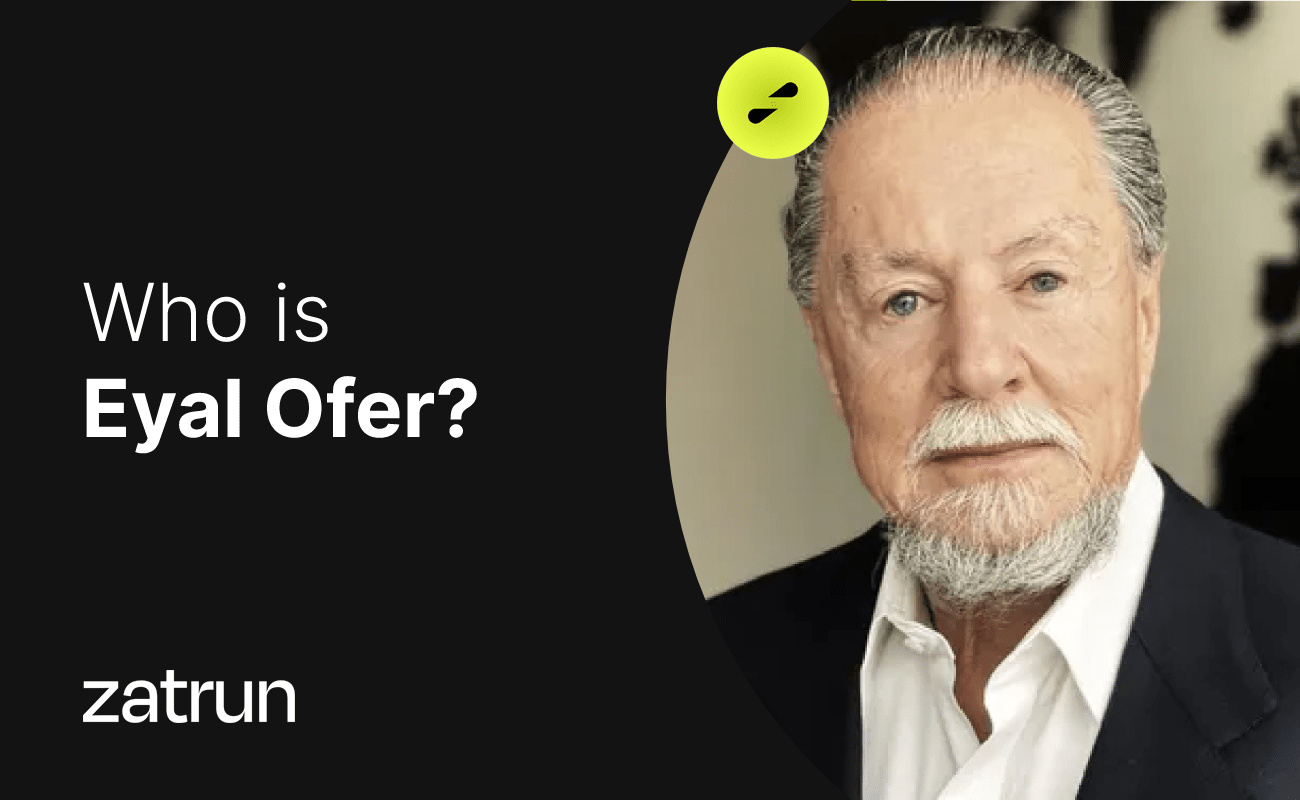Ota Šik was a Czech economist and politician who played a key role in the Prague Spring of 1968, a period of political and economic liberalisation in Czechoslovakia. He was the chief architect of the New Economic Model, a plan to introduce market socialism and democratic reforms in the country. He was also a prominent dissident and critic of the Soviet invasion and occupation of the Czechoslovakia. If you are interested in learning more about Šik, keep reading this article on Zatrun.com.

Who is Ota Šik?
Ota Šik was born on September 11, 1919, in Czechoslovakia. He studied economics at the University of Prague and joined the Communist Party in 1945. He worked as a journalist, researcher, and professor of economics at various institutions. He became interested in the theories of Karl Marx and John Maynard Keynes and advocated for a mixed economy that combined central planning with market mechanisms.
He was appointed as the deputy prime minister and the head of the State Planning Commission in 1966. He was one of the leading figures of the reformist wing of the CPC that challenged the orthodox Stalinist policies of President Antonín Novotný. He proposed the New Economic Model, which aimed to decentralise economic decision-making, increase worker participation, and promote foreign trade. He also supported political reforms that would grant more autonomy to Slovakia, expand civil rights and freedoms, and reduce censorship.
In January 1968, Novotný was replaced by Alexander Dubček as the leader of the CPC. Dubček endorsed Ota Šik’s economic plan and launched the Prague Spring, a period of “socialism with a human face”. Šik became one of the most influential and popular figures in the country and abroad. He travelled to several Western countries to explain his vision of market socialism and to seek support for Czechoslovakia’s sovereignty.
However, his reforms were seen as a threat by the Soviet Union and its allies in the Warsaw Pact. In August 1968, they invaded Czechoslovakia and crushed the Prague Spring. Šik managed to escape to Switzerland, where he obtained political asylum. He became a vocal opponent of the Soviet occupation and a leader of the exiled Czechoslovak opposition. He also continued his academic work and published several books on economics, politics, and history. He died on August 22, 2004 at the age of 84.
Ota Šik’s Contributions and Legacy
Ota Šik was one of the most original and influential economists of his time. He made significant contributions to the fields of macroeconomics, development economics, economic history, and economic policy. He was also a pioneer of market socialism, a system that combines public ownership with market coordination. Some of his notable works include:
- The Third Way: Marxist-Leninist Theory and Modern Industrial Society (1976), where Ota Šik argued that both capitalism and communism had failed to meet the needs of humanity and proposed a third way based on democratic socialism.
- The Strategy for Economic Development (1980), where he analysed the causes and consequences of underdevelopment and proposed a comprehensive strategy for achieving economic growth and social justice.
- The Economics of Socialism (1989), where Ota Šik revised his theory of market socialism in light of the collapse of communism in Eastern Europe.
- The Road to Freedom: The History of Czechoslovakia from Ancient Times to 1989 (1990), where he traced the historical roots and evolution of Czechoslovakia as a nation-state.
Ota Šik is widely regarded as one of the most original and influential thinkers of Czechoslovakia’s history. His reforms inspired many other socialist countries to pursue similar changes, such as Hungary, Poland and China. His ideas also influenced some Western economists and politicians who sought to combine social justice with market efficiency. He is remembered as a courageous and visionary leader who tried to create a more humane and democratic society.












